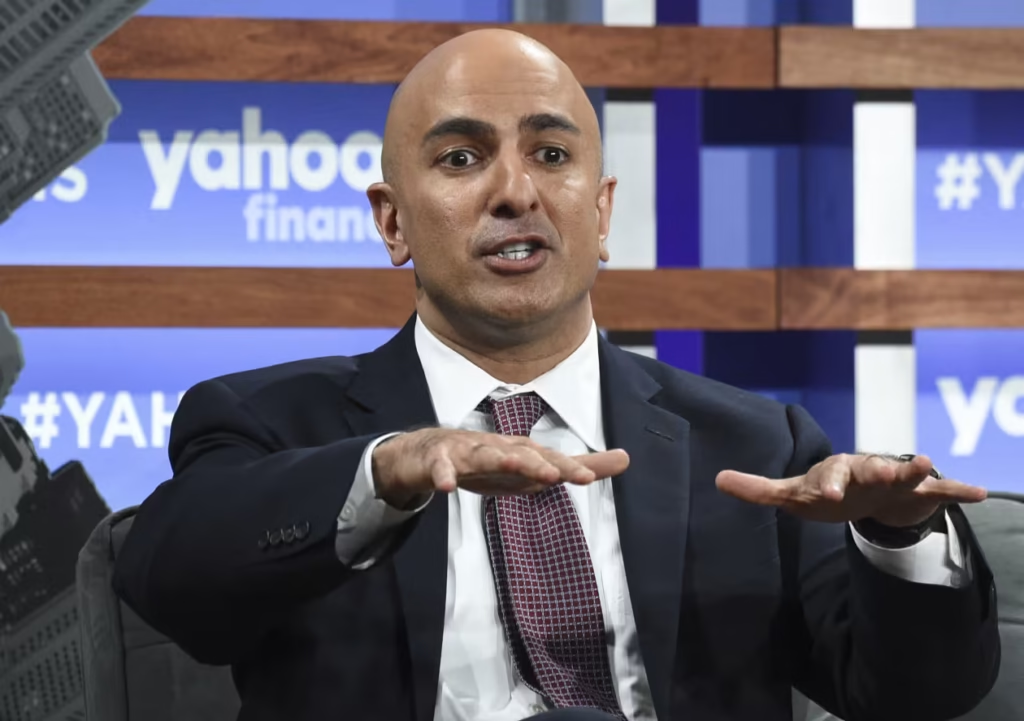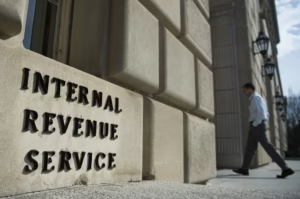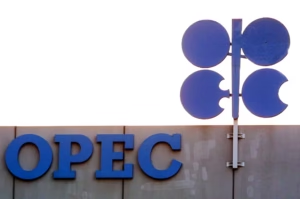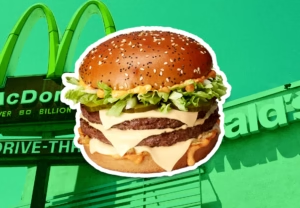The head of the Minneapolis Fed claims that consumer spending and job figures are declining.
Next year, Neel Kashkari, president of the Minneapolis Federal Reserve, will have the ability to vote on the Fed’s interest-rate committee.
According to Neel Kashkari, president of the Minneapolis Federal Reserve Bank, recent indications of a slowing economy have strengthened the argument for an interest-rate cut “in the near term.”
While it may take a year or longer to determine whether additional White House tariffs on trading partners will lead to ongoing inflationary pressures, Kaskhari stated in an interview with CNBC that the current data makes it abundantly evident that the economy is weakening.
“That tells me, as one policymaker, I need to start leaning more on the data that I’ve got confidence in – the economy is slowing – and that means, in the near term, it may become appropriate to start adjusting the federal-funds rate,” Kashkari stated.
Kashkari’s remarks indicate that the central bank is becoming more supportive of rate reduction as early as September.
Mary Daly, the president of the San Francisco Fed, stated on Monday that rate reduction are imminent and that more than two cuts this year might be required. This year, the Fed will hold three more policy meetings. Michelle Bowman and Christopher Waller, two Fed governors, disagreed with the Fed’s easing decision last month.
In June, Kashkari also hinted at the possibility of a rate drop in September. Since then, the evidence has gotten stronger, according to his latest remarks on CNBC.
In addition to other statistics that he is unsure about, the Minneapolis Fed president, who will vote on the Fed’s interest-rate committee next year, stated that there is “a bunch of data” that he is confident in.
According to the data he believes in, consumer spending is declining, and the actual economy is slowing down, he stated.
Inflation is “generally declining” at the same time, according to recent assessments; for example, non-housing service inflation is decreasing.
The “ultimate effects of tariffs,” he noted, are still unknown. “And what I’m realizing is we may not know the answer to that for quarters or a year or more.”
According to Kashkari, a two-cut forecast for this year still makes sense. Additionally, the Fed may pause or even hike rates once more if tariffs are having a greater impact on inflation.
When asked if the Fed prefers to steer clear of abrupt, sharp interest rate reversals, Kashkari said, “This is what makes it difficult.”
“I would love to not have to do [a U-turn], but I’m realizing that these tariff effects are going to take a lot longer to really become clear,” he stated.
How long can we wait for the consequences of the tariff to become evident if almost all other economic data indicates that the economy is cooling and slowing down? Right now, that’s really hanging on me,” he remarked.





